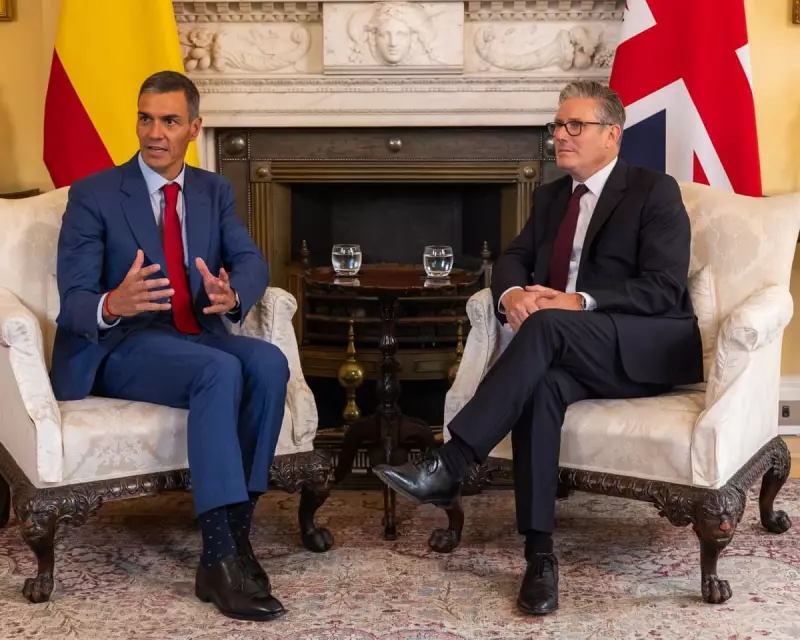
In a defining speech that places Spain at the vanguard of Europe's most contentious debate, Prime Minister Pedro Sánchez has launched a robust, evidence-based defence of immigration, framing it not as a burden but as an indispensable pillar for the continent's future prosperity.
Addressing the political elite, Sánchez dismantled the populist narrative that often dominates migration discourse. He presented a stark demographic reality: Europe's ageing population and shrinking workforce make migration an economic imperative, not merely a humanitarian choice.
The Economic Imperative Behind the Rhetoric
The Spanish leader's argument was rooted in cold, hard data. He highlighted how migrants are consistently net contributors to public coffers, filling crucial gaps in labour markets—from high-skilled tech sectors to essential agriculture and care industries—that domestic populations cannot.
This stance marks a significant political gambit. While far-right parties across Europe, including Spain's own Vox, weaponise immigration for electoral gain, Sánchez’s centre-left government is betting on a narrative of solidarity and rational economic planning.
A Direct Challenge to the European Populist Wave
The speech is widely interpreted as a direct challenge to the rising tide of anti-immigration sentiment within the EU. By taking such a unequivocal position, Sánchez seeks to reposition Spain not as a periphery state, but as a moral and political leader capable of steering the European project towards a more progressive, sustainable future.
This approach acknowledges the challenges of integration and the need for orderly processes, but its core message is one of optimism. Sánchez argues that societies who welcome and successfully integrate newcomers are the ones that will thrive in the 21st century, both economically and socially.
The Prime Minister's vision offers a clear alternative to the fortress Europe model. It champions a system of managed migration based on international cooperation, rights, and the undeniable fact that Europe's future depends on it.





